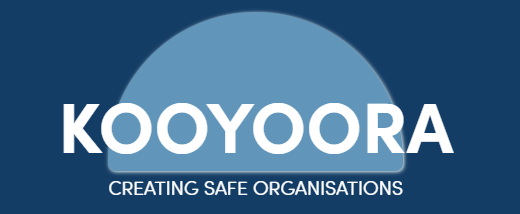Release of the New Zealand Royal Commission of Inquiry Report on Historical Abuse in Care: Key Recommendations
The Royal Commission of Inquiry into Historical Abuse in State Care and in the Care of Faith-based Institutions released its long-awaited report on 24 July 2024. The New Zealand Government established the Royal Commission in 2018 to investigate and report on allegations of abuse involving children, young people, and adults in state and faith-based care between 1950 and 1999. Over a five-year period, the commission heard testimony from more than 3,000 survivors. The evidence revealed systemic neglect, physical and sexual abuse, emotional harm, and the long-term impacts on survivors.
The final report, Whanaketia – Through Pain and Trauma, From Darkness to Light. Whakairihia ki te tihi o Maungārongo, concluded that between 113,000 and 253,000 individuals had suffered abuse and neglect in state and religious institutions during that time.
Report Recommendations
The report outlines several key recommendations to ensure such failures do not happen again and to provide justice and healing for survivors. The commission made 138 recommendations, organised under three key themes:
1. Righting the Wrongs of the Past
Public Apologies and Accountability: The report urges state and faith leaders to make public apologies and take responsibility for the harm inflicted on survivors.
Accessible Justice System: Recommendations include making the justice system safer and more accessible for survivors.
Implementation of the Puretumu Torowhānui System: The puretumu torowhānui system is a proposed survivor-centred framework for addressing historical abuse in care. It focuses on delivering comprehensive support, justice, and healing to survivors of abuse through a holistic and culturally responsive approach. The system prioritises the needs of survivors by offering pathways for redress, including financial compensation, psychological support, rehabilitation services, and ensuring that justice is accessible and non-traumatising.
2. Making Care Safe
Independent Safeguarding Agency: A new agency should be created, along with a safeguarding law, to ensure safety standards in care.
Equal Accountability for Faith Leaders: Faith institutions and their leaders must adhere to the same laws and accountability measures as other care providers.
Comprehensive Safety Standards: The report emphasises the need for consistent and thorough rules and standards to protect those in care.
Sanctions and Penalties: There should be legal consequences for individuals and organisations that fail to uphold safety standards.
Well-Trained Workforce: A focus on establishing a safe and well-trained workforce in all care settings is essential.
3. Entrusting and Empowering Communities
Community Care Model: The report advocates for a shift from state care to local communities caring for each other.
Empowering Knowledge: It calls for equipping everyone in Aotearoa New Zealand with the knowledge and tools needed to help prevent abuse and neglect.
Upholding Rights: The importance of upholding individuals’ rights is highlighted throughout the recommendations.
The report outlines these key recommendations to ensure that such failures do not happen again and to provide justice and healing for survivors. Implementing these recommendations is vital for creating a safer and more compassionate care system for future generations.
“The report finds abuse did not occur solely due to the actions of a few ‘bad apples’, but that it was deeply rooted and enabled across all levels of the systems responsible for providing care. ”


